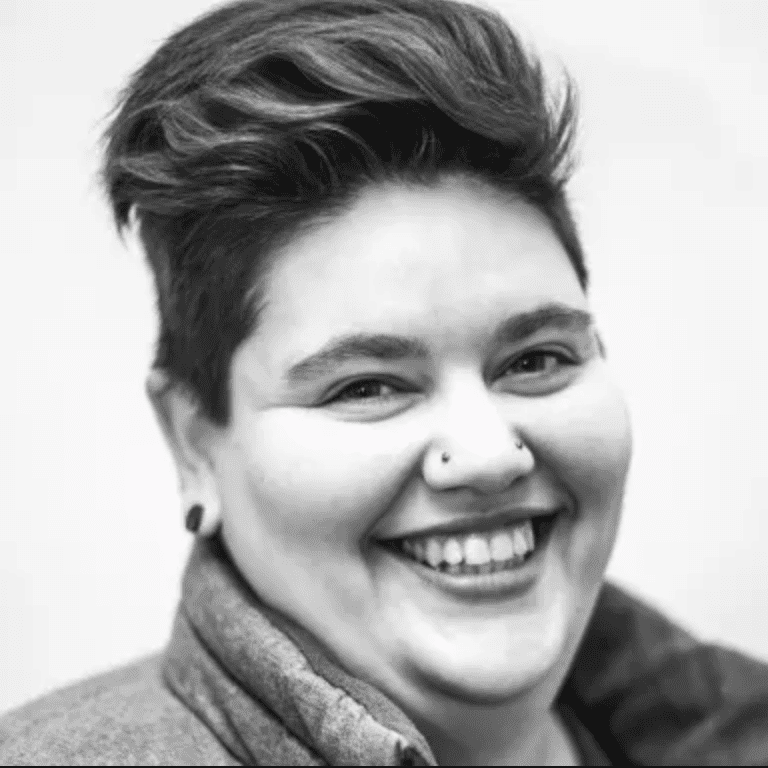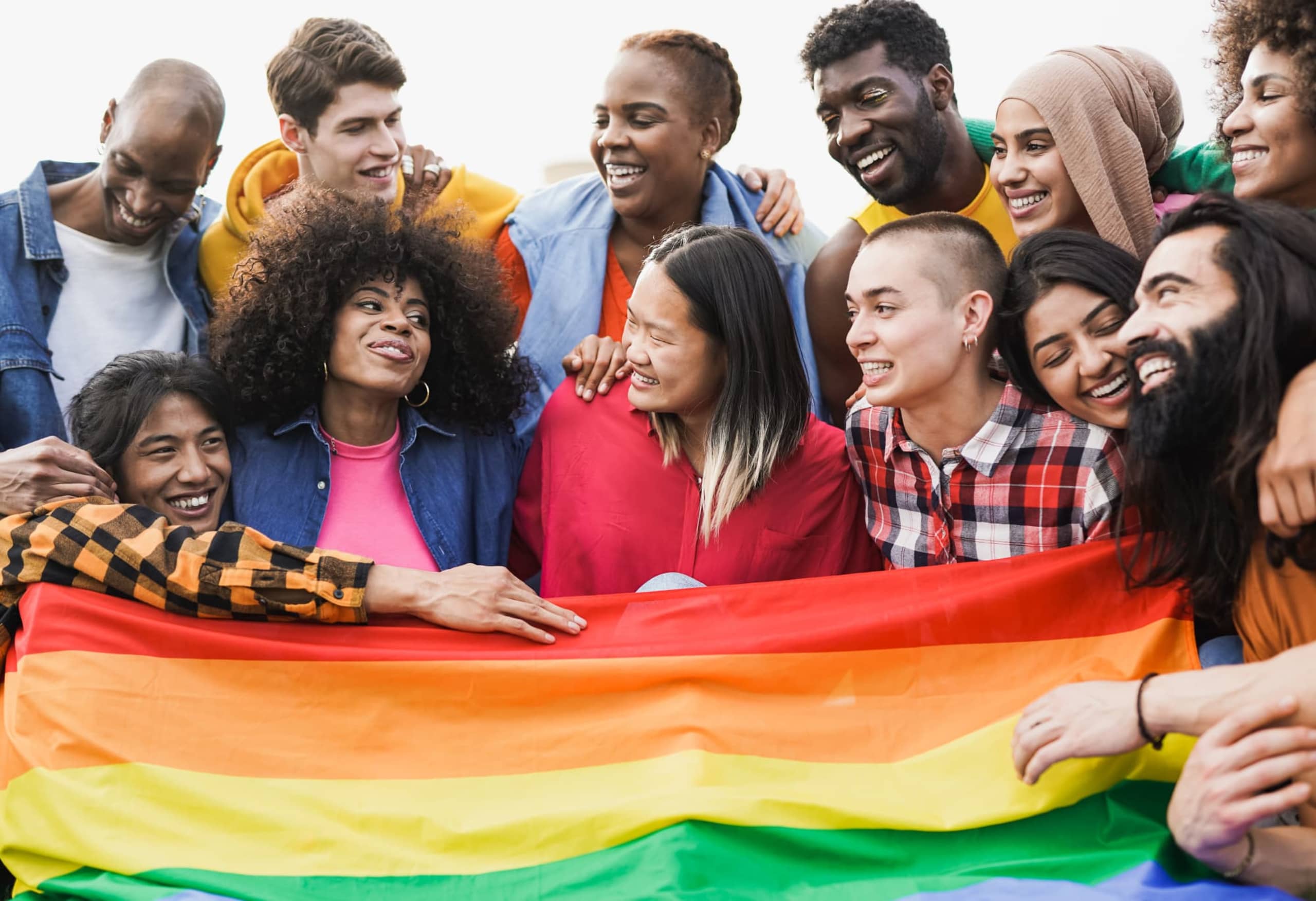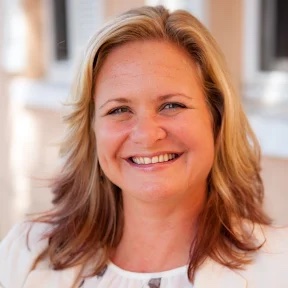How Faculty Helped Me Embrace My Queer Identity Through Writing
One of the most productive means of reinforcing my identity has been self-expression. As a bisexual and genderqueer student, self-expression is certainly cathartic. But as a creative writing student, self-expression is part of my future career.
Because of this, finding the proper means of channeling the urge to express myself is essential. Fortunately, the English faculty at the University of Wisconsin Eau Claire (UWEC) have helped me develop the skills necessary to do just this.
Using Writing as an Avenue for Expression
The faculty at UWEC have taught me many lessons during my time as a student. One of the biggest lessons I learned was that my queerness is not something to dampen or lessen for the comfort of others. Rather, the goal is to be powerful and bombastic in my expression.
The unapologetic strength of queerness is profound, and I’ve come to understand this on a fundamental level. However, without the guidance of professors and instructors in my creative writing program, I would not have been able to understand my power — a power that is wholly unique to me and one that has the capacity to make a true impact in the world.
As a bisexual person, confronting the misconceptions of bisexuality as a specific way of love and attraction is very important to me. I can illustrate how the way I experience love is different from the normative ideal, which is often portrayed as cisgender and heterosexual.
Through my poetry, I create a persona that addresses the misunderstandings and harmful characterizations of bisexual people in an attempt to topple misconceptions. In the realm of literature, the portrayals of bisexual people have rarely been done well. Often, these characters become hyper-sexualized versions of themselves.
In my writing, I have worked to create images of bisexuality that do not rely on tropes and stereotypes but instead depict bisexual people as nuanced human beings. The faculty at UWEC have pushed me to actively bring these characters to life through my work. They proofread, critiqued, and encouraged me to create realistic visuals of the queerness I see in my mind. The more they pushed me, the greater my writing became.
As a result, my contributions became noticeably more productive, and my attempts to move the needle in relation to bisexual discourse became infinitely more tangible. While these contributions may be minor in the eyes of some critics, improving the discourse related to bisexual themes and characters in literature makes me feel like I am making a difference.
My professors have given me reassurance that the ideas I produce are worth reading. As a young, queer, and emerging writer, knowing that my contributions are valid tells me there is a future where I belong. That feeling is truly special.
Stepping Outside My Comfort Zone
My program faculty have also helped show me the importance of queering history and American literature. In particular, I have studied and continue to learn more about genderqueer identities and theories of 19th-century American literature, focusing on the intersections of ecology, spirituality, and gender. As a genderqueer person, learning about queer theory and theories of gender is an opportunity to understand myself and validate my identity more firmly.
By studying history and queer theory, I become more adequately equipped to find myself within it as a being attached to a concrete past. This gives me something I can share with others. The process of queering history is affirming.
All in all, I have appreciated the various ways my teachers have helped me step outside my comfort zone, seek out new ideas, and embrace my queer identity. They have supported me every step of the way and frequently go out of their way to provide assistance, guidance, and direction whenever necessary.
Each day, I become more motivated to help develop the nascent landscape of queer literature, and it proves to me that I am pursuing the right goals and venturing down the right path. It is a validation of my identity and a recognition of my ambition. Most importantly, it is a true act of solidarity. For that, I am so grateful.

Meet the Author

Sam Runge is an undergraduate student at the University of Wisconsin Eau Claire, studying creative writing and communications. Sam is originally from Green Bay, Wisconsin.
Explore More College Resources

The Importance of Queer Studies
Learn about the history and interdisciplinary field of queer studies and why it is important for exploring gender, sexuality, and identity.

by R.B. Brooks
Updated January 25, 2022



